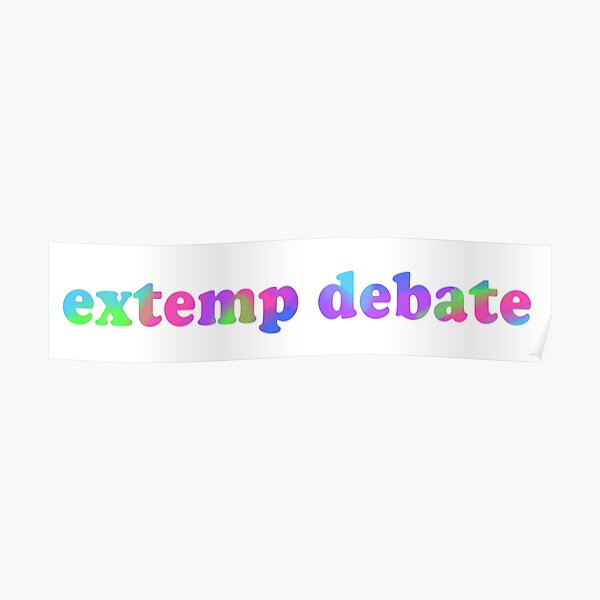WY Extemp Debate Scrimmage Tourney Extravaganza
2021 — Online, WY/US
Prose
Event Description:
Prose is often classified as the “other” category of interpretation. It’s not poetry. It’s not drama. It’s not storytelling. So what is prose? Prose combines multiple elements of oral interpretation of literature. Prose corresponds to usual patterns of speech — that which you would find most every day in a particular space and time (in contrast to poetic form and language). Prose typically has a narrative with its related rises and falls, much like Storytelling. Prose may also feature character development and dialogue, much like Dramatic Interpretation. Prose may have humorous elements embedded, much like Humorous Interpretation. In short, while many categories have specific interpretation focal points, Prose Interpretation is very wide open, and choices of material may vary from region to region or even tournament to tournament.
1. Prose: Prose expresses thought through language recorded in sentences and paragraphs: fiction (short stories, novels) and non-fiction (articles, essays, journals, biographies).
2. Poetry: Poetry is writing which expresses ideas, experience, or emotion through the creative arrangement of words according to their sound, their rhythm, their meaning. Poetry may rely on verse and stanza form.
3. Selections: Only published, printed works may be used, unless the works meet the Interpretation Rules (p. 17-18) for PDFs, e-books, and online material. No plays or other dramatic materials may be used. In Supplemental Prose, if the source is an anthology collection of short stories or novels, each selection of literature is independent and only one selection can be used, even if it is from the same author. In Supplemental Poetry, selections must be cuttings from a single source. If an anthology collection of poems is used as the single source, the cutting may incorporate multiple poems by an author or a variety of authors.
4. Reuse: In the events of Supplemental Prose and Poetry, a student may not use the same source they used in the main events of Duo, Dramatic, Humorous, or Program Oral Interpretation or Supplemental Prose or Poetry at any district or national Association tournament. In the event of Supplemental Poetry, if the source is an anthology collection of poems, the same anthology may be used; however, the same poems performed in a previous district or national Association tournament in the main events of Duo, Dramatic, Humorous, Program Oral Interpretation, or Supplemental Poetry, may not be used. In the event of Supplemental Prose, if the source is an anthology collection of short stories or novels, the same anthology may be used; however, the same selection performed in a previous district or national Association tournament in the main events of Duo, Dramatic, Humorous, Program Oral Interpretation, or Supplemental Prose, may not be used. See general interpretation rules for additional guidance.
5. Time: The maximum time limit is 5 minutes with a 30-second “grace period.” If there are multiple judges in the round, all must agree that the student has gone beyond the grace period. Should a student go beyond the grace period, the student may not be ranked 1st. There is no other prescribed penalty for going over the grace period. The ranking is up to each individual judge’s discretion. Judges who choose to time are to use accurate (stopwatch function) timing devices. No minimum time is mandated.
6. Presentation: Performances must be from a manuscript (which may be in a folder). Reading from a book or magazine is not permitted.

